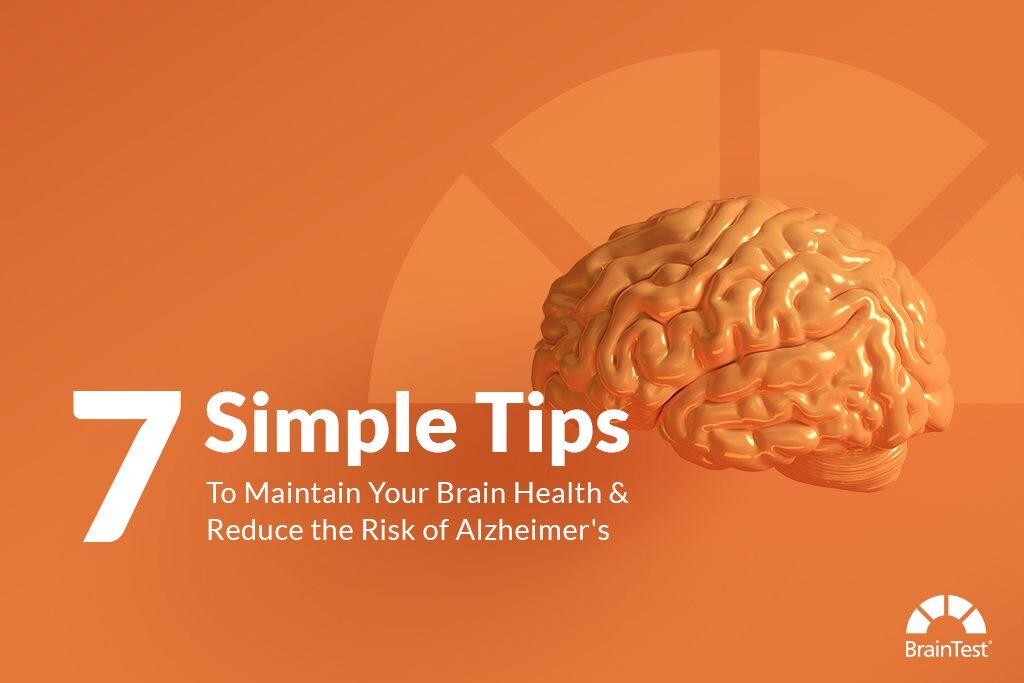Brain Health
Content Courtesy of the Forever Young Podcast with Christiana Egi and Cherrie-Marie Chiu.
When most of us think about being healthy, we only think about our physical bodies. I think people rarely think about their brain health when it comes to being healthy. Healthy brain functions are optimal to sustain the essentials of life. The brain works throughout our entire life to control our body’s functions and helps us understand and interact with the world around us. Today we are going to talk about our brain health, you’re definitely going to want to stick around!
So, the brain is truly essential when we are talking about our overall health. Okay, let’s get right to it, what is a leaky brain? A brain is considered “leaky” when the blood-brain barrier has been compromised in some way. The blood-brain barrier is a semi-permeable layer of cells around our brain, preventing toxins from entering the brain, but it also selectively lets in nutrients that the brain needs. So, if the blood-brain barrier becomes permeable, harmful substances that escape into the bloodstream can lead to inflammation in the brain. We learned last time just how harmful inflammation is to our bodies, it is the same with our brains.
In order to protect your body from inflammation and from getting a leaky gut, drink plenty of water, eat all the colours of the rainbow when it came to fruits and vegetables, supplement where needed, continue to exercise daily and de-stress by being more mindful. Doing all that will help you lessen your risk of getting a leaky gut, and a leaky brain, because the gut and the brain are connected!
Eating poor quality foods, gluten, stress, poor sleep, environmental toxins, etc can disrupt the gut bacteria and cause irritation to the intestinal lining, resulting in leaky gut syndrome. When this happens, it triggers a generalized inflammation response that could compromise the blood-brain barrier, making it leaky. This means our whole body is interconnected and it is interesting to know what we eat, can affect our brain. So can a leaky brain lead to brain diseases like dementia?
The answer is yes. Dementia is an umbrella term for diseases and conditions that cause a decline in memory, language, problem-solving, and other thinking skills. Alzheimer’s is the most common type of dementia. The exact cause of Alzheimer’s is unknown and it is a slow and progressive disease. A few warning signs to look out for can be memory loss, challenges in solving and planning, difficulty completing tasks, and confusion with time or place.
It also affects a person's ability to perform everyday activities. There are several types of dementia, here are 3 of the most common types
Alzheimer's is the most common form. It accounts for approximately 60-80% of all dementia cases.
Vascular dementia occurs from damage due to impaired blood flow, from diseases such as diabetes, hypertension, strokes, etc
And there’s Frontotemporal dementia
ALS is also a brain disease that causes motor neurons to die and in doing so, causes your voluntary muscles to atrophy. This means you can no longer use them. The strange thing is, with most ALS patients, their brain remains intact. This means, they know and feel their entire body falling apart around them, but they just can’t do or often say anything about it. Now, frontotemporal dementia is the type of dementia that sees changes in personality and behaviour. Patients with FTD can also have difficulty with language. 5-10% of people living with ALS end up also being diagnosed with frontotemporal dementia, and 5-10% of people living with FTD end up being diagnosed with ALS.
Mental exercise is just as critical as physical exercise. The following tips are some ways in which you can maintain your brain health:
Increasing physical activity
Maintaining a healthy weight
Improving blood vessel health, so for people with diabetes, you need to maintain proper blood sugar levels, and those with hypertension need to keep their blood pressure with a healthy range as these conditions could contribute towards developing a vascular dementia
Avoiding smoking
Minimizing alcohol consumption
Increasing Brain exercises
Keeping a Positive social environment and activities
You’ve got to eat right too! You may have heard of the Mediterranean Diet, studies have shown that a diet rich in fish, whole grains, leafy-green vegetables, olives and nuts, helps maintain brain health and may reduce the risk of Alzheimer’s disease. Blueberries, raspberries and blackberries are all packed with antioxidants that can potentially slow ageing in the brain and elsewhere in your body. Coldwater Fish are also a great source of omega-3, the type of fatty acid your body cannot produce, but needs and loves. You can also limit foods that are high in saturated fats like red meat, butter and dairy products, as they are associated with the development of degenerative diseases including heart disease and Alzheimer’s. Walnuts are loaded with omega-3s, which make them the ultimate brain food! They are even shaped like the brain!
Your spiritual mind is also important. This is not necessarily related to religion, but it’s about connecting with the world around you, that sense of belonging to something greater than yourself. Yoga, meditation and prayer are all amazing ways to connect with the world and the earth. I recently learned about grounding, or the practice of walking on the earth with no shoes on. In fact, if you watch the second episode of the Netflix series, Down to Earth, you see Zac Efron learning about the ground in France! Exercise improves digestion, mood, circulation and memory! It also stimulates chemical changes in the brain that enhances learning, thinking and promotes sleep!
Lastly, to keep our brain healthy, it is very important to stay connected and have a positive social network. Getting rid of negative energy with positive social networks reduces stress, combat depression and enhances mental stimulation. I hope you are walking away with a long list of things to keep your brain at optimal levels. Remember to put your mental health first, and remember - you’re never too old to become younger!
The Forever Young podcast is created and produced by Christiana and Cherrie Marie Chiu and is produced and engineered by Alice Hill. The podcast represents our opinions and those of our guests. The content should not be taken as medical advice. It is for informational purposes only. Please consult your health care professional for any medical questions. If you like our show, please tell your friends and leave a five-star review on Apple Podcasts. New episodes are available every other Wednesday. Have questions? Email us at ourforeveryoungpodcast@gmail.com.



